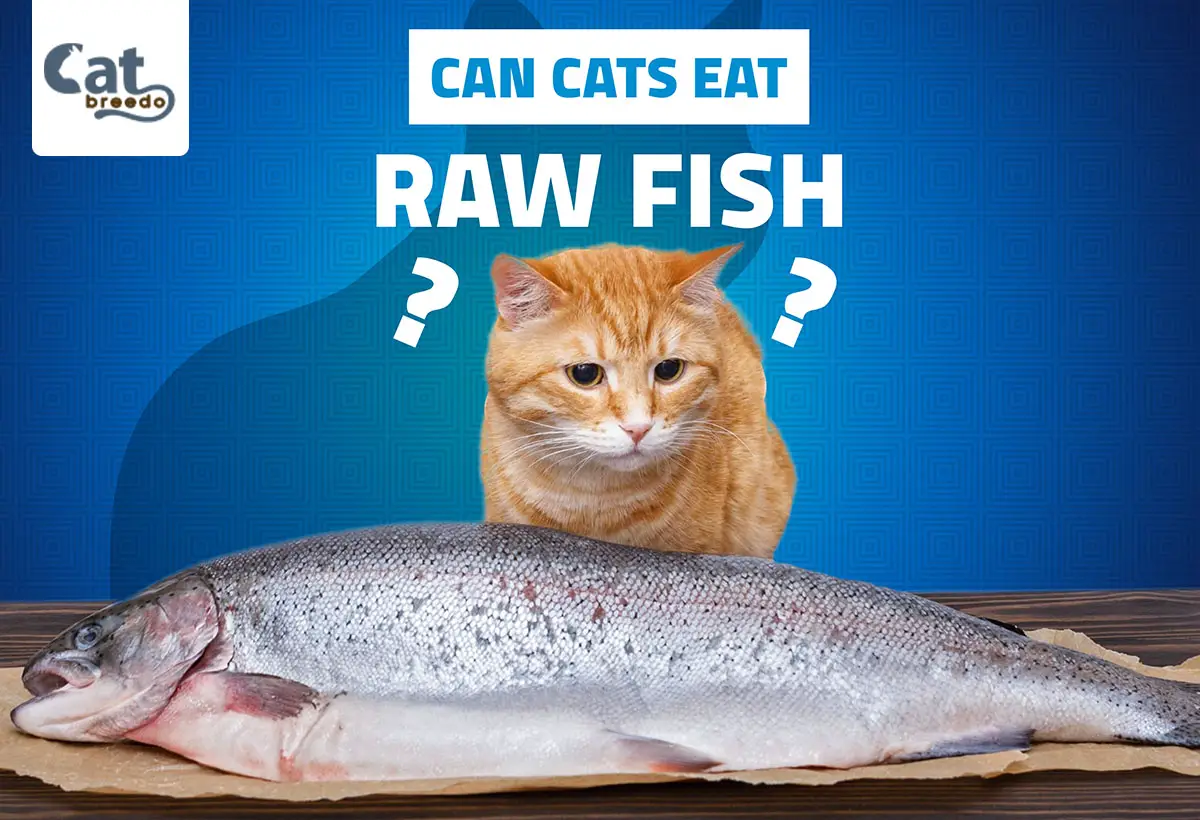Oranges are in the season right now, and everyone loves them. While eating them, you may ask yourself, ‘Can cats eat mandarin oranges?‘. While you may be tilted towards sharing some of your oranges with your cats, thinking they are fruits must be healthy. However, this is not the case.

First of all, it is never a good idea to share any human food with your pets without consulting a vet about it. Secondly, oranges are highly acidic and citrusy. This means that they can adversely affect the cats’ alkaline balance.
Can Cats Eat Mandarin Oranges?
Moreover, cats can not break down the essential oils of mandarin oranges, and the citrusy smell also irritates them. Hence, the short and plain answer is that all citrus and acidic fruits are toxic for cats. So it is advised not to share any of them with your cats. To know further about this matter, keep reading this article.
Do Cats Like Mandarin Oranges?
Luckily for all the pet owners, cats hate oranges. They are mainly driven away by the citrusy smell and the hard skin/peel. Cats are also pretty smart. They know which foods are toxic, so they usually stay away. So, you do not need to worry about hiding oranges from them.
Also, cats do not even bother to go to places where oranges are kept. So it is a good idea to place oranges where you do not want your cats to go. Cats also stay away from orange trees, leaves, and stems, as they too can be pretty toxic from them.
Are Mandarin Oranges Safe For Cats?
As discussed above briefly, mandarin oranges are not safe for cats. Though it is unlikely that they will be life-threatening for the cats, they can still make them pretty ill. Cats are carnivorous; hence their bodies are biologically unable to digest oranges. It is like nature itself is saving them from harmful foods. So, if your cats eat something that they can not digest, they will not try to eat them again.
When it comes to oranges, every part of them is toxic for the cats. The peel has the most toxic constituents and can be highly harmful to cats. At the same time, its pulp contains essential oils that can also make cats very sick.
Mandarin Poison In Cats
Cats can get poisoned by mandarin oranges if they eat them in large quantities. Small quantities will surely make them sick but will not be life-threatening. This poisoning is mainly because of the toxins in these fruits for cats. All fruits with high acidity are considered very toxic for them. The toxicity comes from the essential oils and psoralens in these fruits.
Humans and other animals have a chemical compound called ‘glucuronyl transferase,’ which breaks down the essential oils. As cats do not have it in their bodies, it leads to toxic buildup. These toxins may cause depression, vomiting, and diarrhea in them. Cats are also vulnerable to the citrusy smell that we enjoy a lot.
Moreover, the citric acid upsets their stomach and causes irritations to the cats. In terms of nutritional value, oranges have a lot of vitamin C, water content, and fiber. However, the toxic constituents regarding the cats’ health are too much to ignore.
Have a look can cats eat pineapple
They can get these essential nutrients from other foods they can digest, such as different types of meats. Cats also do not need the high amount of fructose that these fruits have. It will only lead to weight gain and diabetes. As cats do not have sweet taste buds, it does not matter to them anyway.
Highly increased levels of these toxins can cause toxicity and even poisoning, leading to death. Hence, we highly emphasize contacting a vet immediately if your cat has eaten a mandarin orange.
What Happens If Cats Eat Mandarin Oranges?
No matter how much one is careful, pets somehow always eat inedible, gross, or forbidden stuff. So if you see your cats nibbling on an orange tree leaf, their stems, or the fruit itself, then contacting a vet should be your immediate action. Because mandarin orange toxicity can be very harmful to cats, making them extremely sick.
If the cats have eaten mandarin oranges, they may start to vomit or suffer from diarrhea. They may also start having problems breathing and develop skin rashes. These toxins can also make them lazy and sensitive. Mandarin orange toxicity can also cause depression and loss of appetite in cats.
High acid levels in mandarin oranges can also negatively affect the alkaline balance of a cat’s urine. This can cause urine infections in them. If any of these conditions last longer than a day or two, it is highly recommended to consult a vet. Prolonged exposure to these toxins can cause extreme danger to the cat’s life.
FAQs
Are mandarin oranges toxic for cats?
Yes, mandarin oranges are very toxic for cats. This harmful effect is because cats lack a chemical compound called glucuronyl transferase, which causes the buildup of toxins in their bodies. Mandarin orange toxicity can cause irritation, vomiting, depression, skin rashes, urine infections, and stomach issues in cats.
Can cats eat canned mandarin oranges?
Canned or fresh, all citrus and acidic fruits are unsafe for cats, including mandarin oranges, limes, lemons, and others. Moreover, cats do not have taste buds for sweetness. Hence they will not crave sugary foods. Giving them canned mandarin oranges will only lead to harmful impacts such as toxicity, weight gain, and diabetes.
Check can cats eat grapefruit
Can kittens eat mandarins?
Mandarin oranges are highly acidic and citrus fruits, making them toxic for all kinds of cats, including kittens. This acidity can disturb their alkaline balance and cause irritation and stomach problems. Kittens being susceptible and vulnerable due to their age, should never be fed mandarin oranges, even in small quantities, as even small amounts of mandarin oranges can be life-threatening for them.
Conclusion
In short, mandarin oranges should only be enjoyed by cat owners. All acidic fruits are harmful to cats and should never be given to them. The toxicity caused by mandarin oranges can be life-threatening. Hence, always give your cats good and healthy food specifically for them. Good luck!




